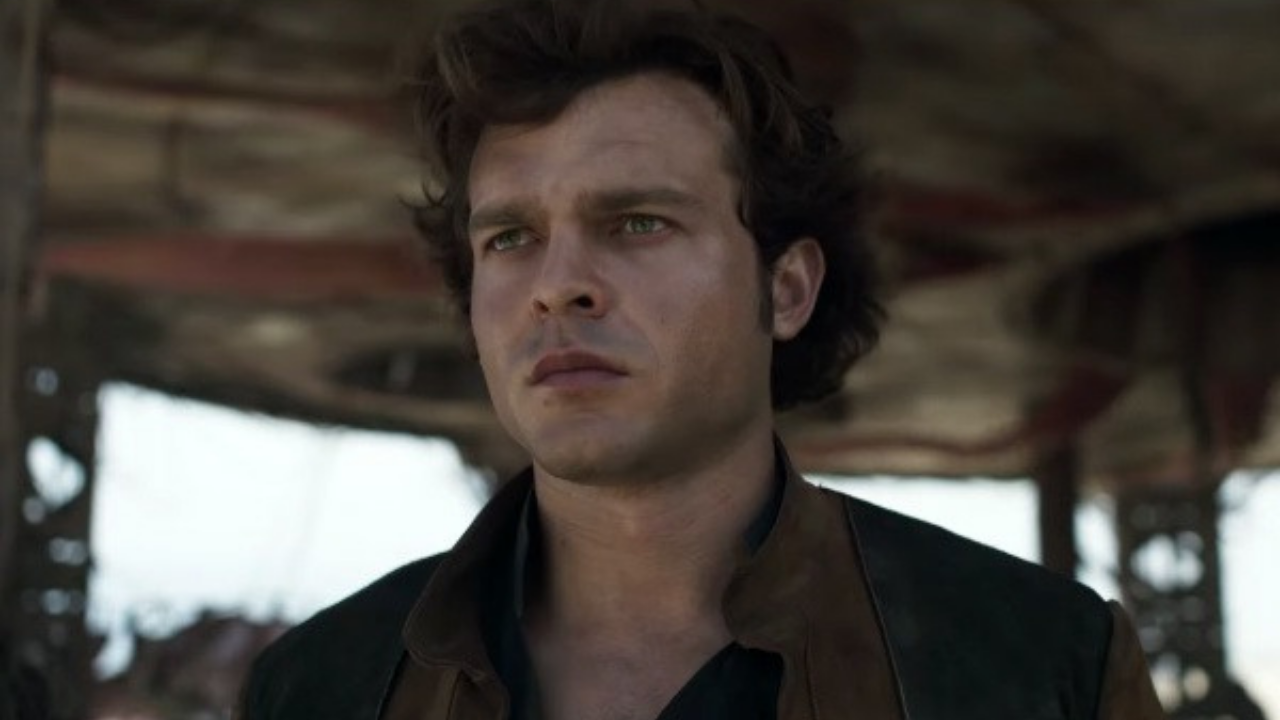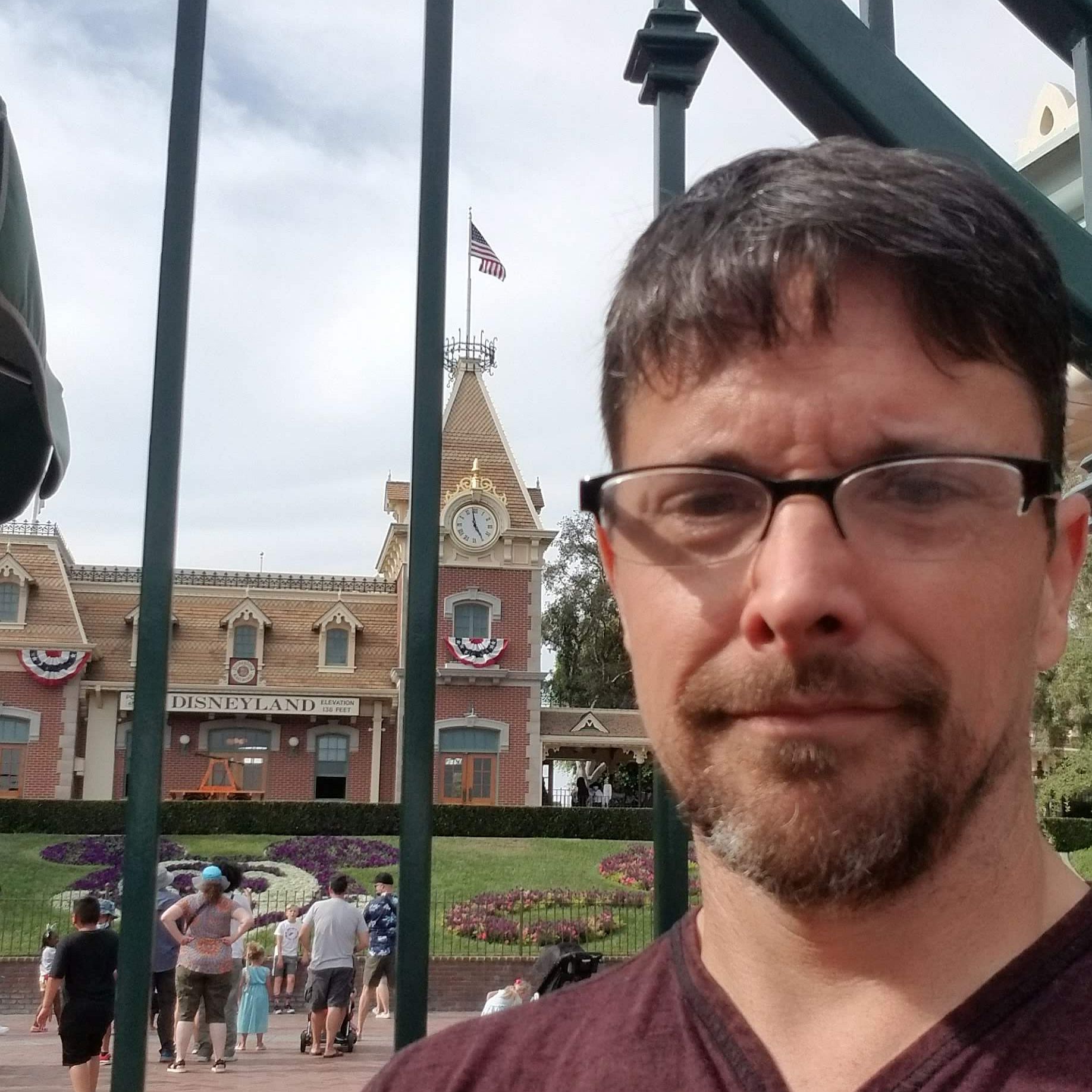After Their Star Wars Exit, Solo Directors Lord And Miller Explain The Problem With ‘Fan Service’
The pair who almost made a Star Wars movie have thoughts on the topic of fan service.

When you look at what modern Star Wars is, especially recently with The Mandalorian and The Book of Boba Fett, one thing that is clear is that fan service is a key component of what Lucasfilm wants to provide. If you haven’t seen The Clone Wars and Rebels then a lot of what is going on with the Disney+ series is just going over your head. Fan service is something of a double edged sword, however, and two guys who were very nearly part of the modern Star Wars universe, Phil Lord and Chris Miller, have a different approach to it.
Whatever you think of Solo: A Star Wars Story, the movie itself will likely never be quite as interesting as the story around its creation. Originally the directing duo of Phil Lord and Chris Miller were tapped to make the film, but a significant way through production they were unceremoniously let go and Ron Howard came in to finish the project, reportedly reshooting large portions of it. The movie we ended up getting, while it has its fans, was not warmly embraced by the audience or the critics.
Solo ended up with its share of fan service references and call backs too, but Lord and Miller say they specifically try to avoid fan service, at least in the traditional ways, because they don’t think fans actually want quite what they think they want. As Lord explained to The Business Podcast (via Playlist)…
If you’re giving the audience exactly what they expect and a bunch of, ‘just fan service,’ they’re going to end up disappointed, they’re gonna be like, ‘Yeah, this is stuff I already knew. The trick is to figure out what it is they don’t quite yet realize that they want and every idea that you add into the stew is something that you’re like, ‘Oh, that would be a cool thing to see that I haven’t seen before and isn’t the thing that’s expected because I think people are really savvy now and so you have to stay two steps ahead of them and I feel like that’s our job.
Phil Lord isn’t the first one to say it, but when you give the audience exactly what they’re expecting, it can lose the power that the moment might otherwise have. The trick is to give them not what they think they want, but what they don’t actually realize they want.
To be fair, Star Wars doesn’t seem to be having much of a problem. While Solo: A Star Wars Story didn’t really work, every time a character from The Clone Wars arrives in a live-action Disney+ series, the fans seem to love it.
Still, all that, as fun as it might be, has the potential to feel soulless. There’s a fine line between “doing it for the fans” and “doing it for the fans because that will help the bottom-line.” Chris Miller seems to feel this latter idea is often where “fan service” comes from and that’s part of why it’s a problem. He explains…
You can’t play scared. So, I don’t really relate to some fear of a fanbase. We don’t think about it that way. There are people out there, I suppose, that are trying to game the marketplace and follow a formula. They’re trying to serve the quarterly earnings of a big company, but a company doesn’t make a movie or write a song, these things are made by human beings and we’re always trying to serve the human beings making the movie and the human beings witnessing the movie, always remembering, what you’re putting out there, that’s only half of it. The other half is, there’s a person in a movie theater and you’re beaming sound and light into their face and they make the movie in their brain. So you have to understand that as a relationship and a conversation, put yourselves into the shoes of that person.
With the success that Star Wars seems to be having with fan service, it probably isn’t going anywhere any time soon, but the words of Lord and Miller here are certainly worth taking into account. With so many franchises looking for success by expanding their universes, making fan service work is a slippery slope.
Your Daily Blend of Entertainment News

CinemaBlend’s resident theme park junkie and amateur Disney historian, Dirk began writing for CinemaBlend as a freelancer in 2015 before joining the site full-time in 2018. He has previously held positions as a Staff Writer and Games Editor, but has more recently transformed his true passion into his job as the head of the site's Theme Park section. He has previously done freelance work for various gaming and technology sites. Prior to starting his second career as a writer he worked for 12 years in sales for various companies within the consumer electronics industry. He has a degree in political science from the University of California, Davis. Is an armchair Imagineer, Epcot Stan, Future Club 33 Member.
